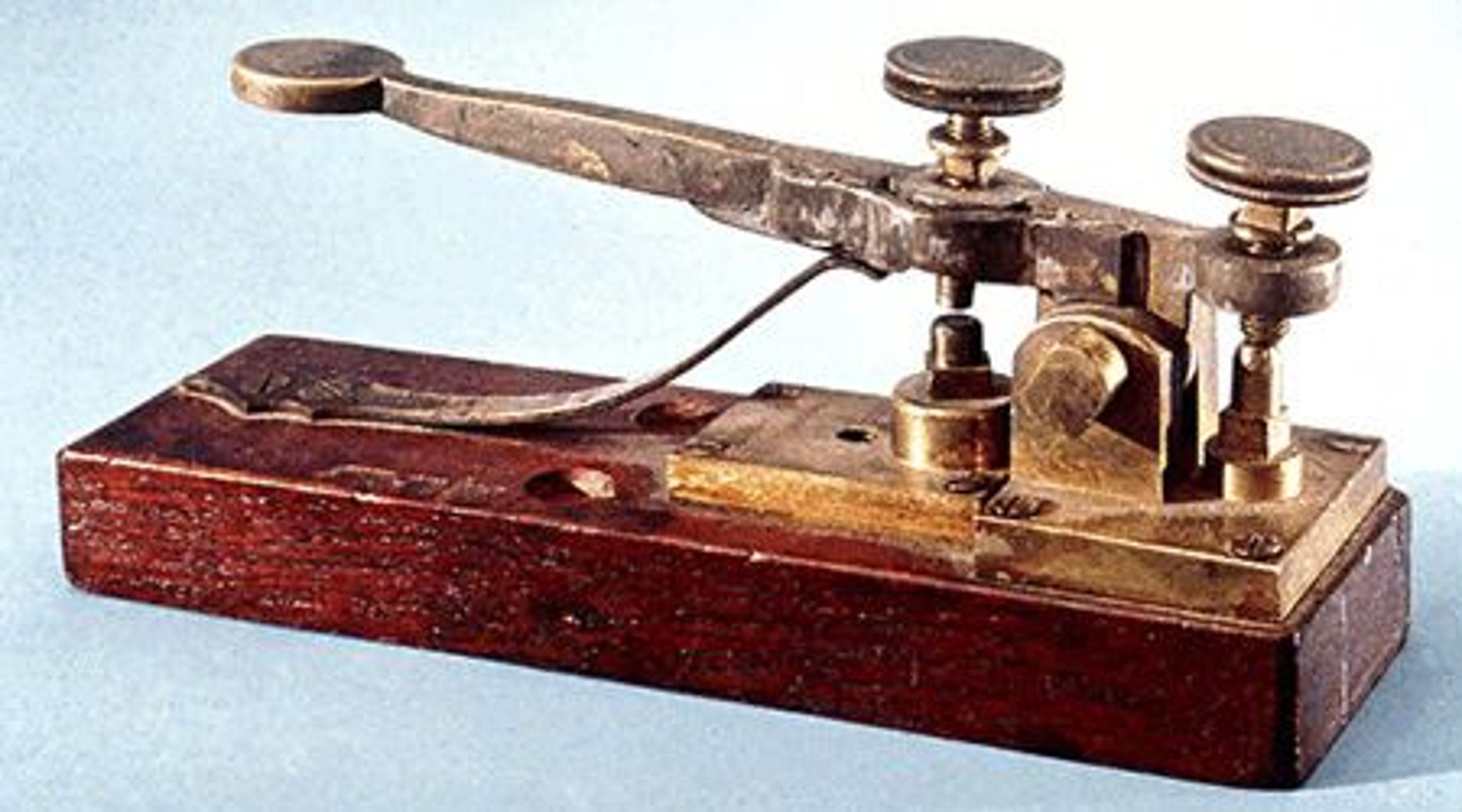My relationship with technology has its ups and downs. From a Leapfrog when I was little for entertainment, to relying on technology to get through college, technology has influenced me in many ways.
No matter how insignificant, I cannot seem to escape the use and convenience of technology. Let's take a look at how technology influences my life outside of just college.
At home, I work on a food truck, which is unorthodox for many teenagers, however technology is a HUGE part of the success of our business. Without technology, we couldn't efficiently work through orders, let people know where we were, communicate with our staff, clock in and out, nor could we communicate with clients and customers. At work we use a program called Toast. Toast is where we take orders, receive orders, and then let our customers know when their food was ready. Our job would be much harder if we had to track down each customer that ordered from us, but thankfully, technology allows us to click their order and it sends them a text that their food is ready for pickup! Our company, Crossroads Bistro is also a catering company. We use our website not only to inform customers of our menu, allow them to online order, see the location of our food trucks, but we also allow people to contact us for catering needs.
Besides doing our jobs, without technology, performing our everyday tasks at work would be extremely difficult. Our company has two different food trucks, Big Blue and Little Green, a restaurant, and a catering business. All four business are usually running at the same time, meaning our company is split up all across the state. Therefore, our bosses typically aren't on the trucks with us, so if they need something, we get a text or call from them. Without technology, this wouldn't be possible.
The employees also ride separately from the truck, meaning if we are late, lost, or need extra help, a quick text or call can help elevate those issues. Since we are on different trucks, are never in the same location, and don't have a secure place to put a punch card, we have to clock in and out on an app. This app is called 7Shifts. 7Shifts allows our bosses to see our location at the time of clock in and clock out, so they know we were at work, as well as they can keep a record of when and how long we worked. This allows my boss to remotely access our time charts so they can pay us adequately for the work that we did.
Another big thing is the use of GPS. A lot of the locations we go to are either breweries, or small businesses. Neither of which are places teenagers my age are usually familiar with. To get to these addresses, I use Apple Maps, which has never failed to give me my location, ETA, milage, and most importantly, the fastest route to the job. Without maps, I would be driving aimlessly around the state of Maryland to find these unknown places that my parents might not even know!
Finally, we have the scheduling. We also use 7Shifts for scheduling. Our restaurant is located in Sparrows Point, MD, but the trucks are based in Bel Air, MD, which is about an hour northeast. So, a printed schedule wouldn't work for our crew. To get a notification that I am scheduled to work, is very convenient. I can transfer the dates and times right into my schedule allowing me to see when I must go into work.
So technology doesn't just consume my life when Im at home or at school. Technology is used everywhere. It has been extremely helpful for the three years I have worked at Crossroads! I couldn't imagine my job without it.




:max_bytes(150000):strip_icc()/apple-maps-driving-directions-5b5b203046e0fb0025829515.jpg)

/cdn.vox-cdn.com/uploads/chorus_image/image/53551023/Bionic_bar_Royal_Caribbean.0.jpg)






